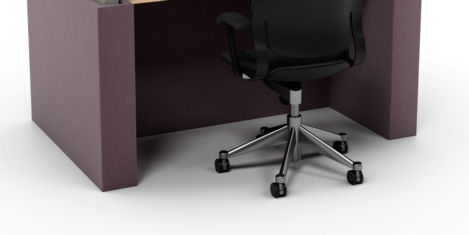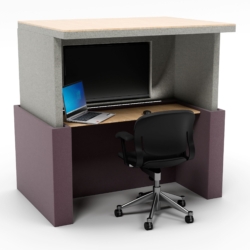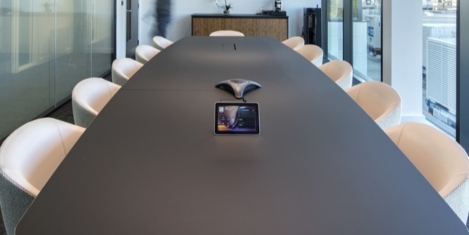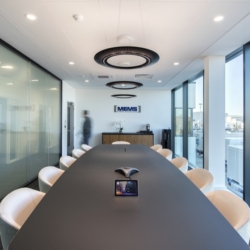June 22, 2025
Study claims that working from home can significantly boost productivity
 A new study of a large Turkish call centre provides fresh evidence that working from home can improve productivity and workforce diversity — though in-person onboarding remains crucial to long-term success. The research, conducted by economists from King’s College London, Stanford, the Paris School of Economics and the EBRD, examines Tempo BPO, a Turkish business process outsourcing company that moved fully remote in 2020. The authors include well-known remote work researchers Nick Bloom and Steven Davis, alongside Cevat Giray Aksoy, Victoria Marino, and Cem Ozguzel. (more…)
A new study of a large Turkish call centre provides fresh evidence that working from home can improve productivity and workforce diversity — though in-person onboarding remains crucial to long-term success. The research, conducted by economists from King’s College London, Stanford, the Paris School of Economics and the EBRD, examines Tempo BPO, a Turkish business process outsourcing company that moved fully remote in 2020. The authors include well-known remote work researchers Nick Bloom and Steven Davis, alongside Cevat Giray Aksoy, Victoria Marino, and Cem Ozguzel. (more…)

































April 30, 2025
Co-working spaces bring a whole range of benefits for employees and communities
by Mariachiara Barzotto • Comment, Flexible working, Property, Workplace design